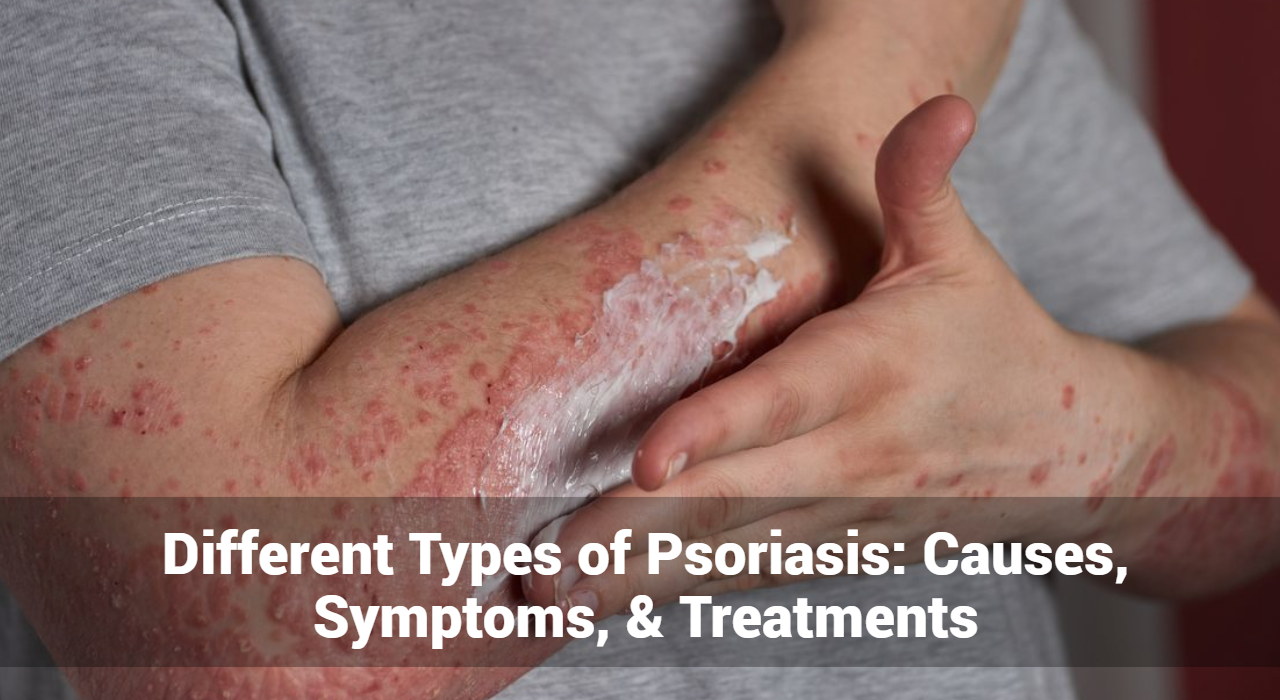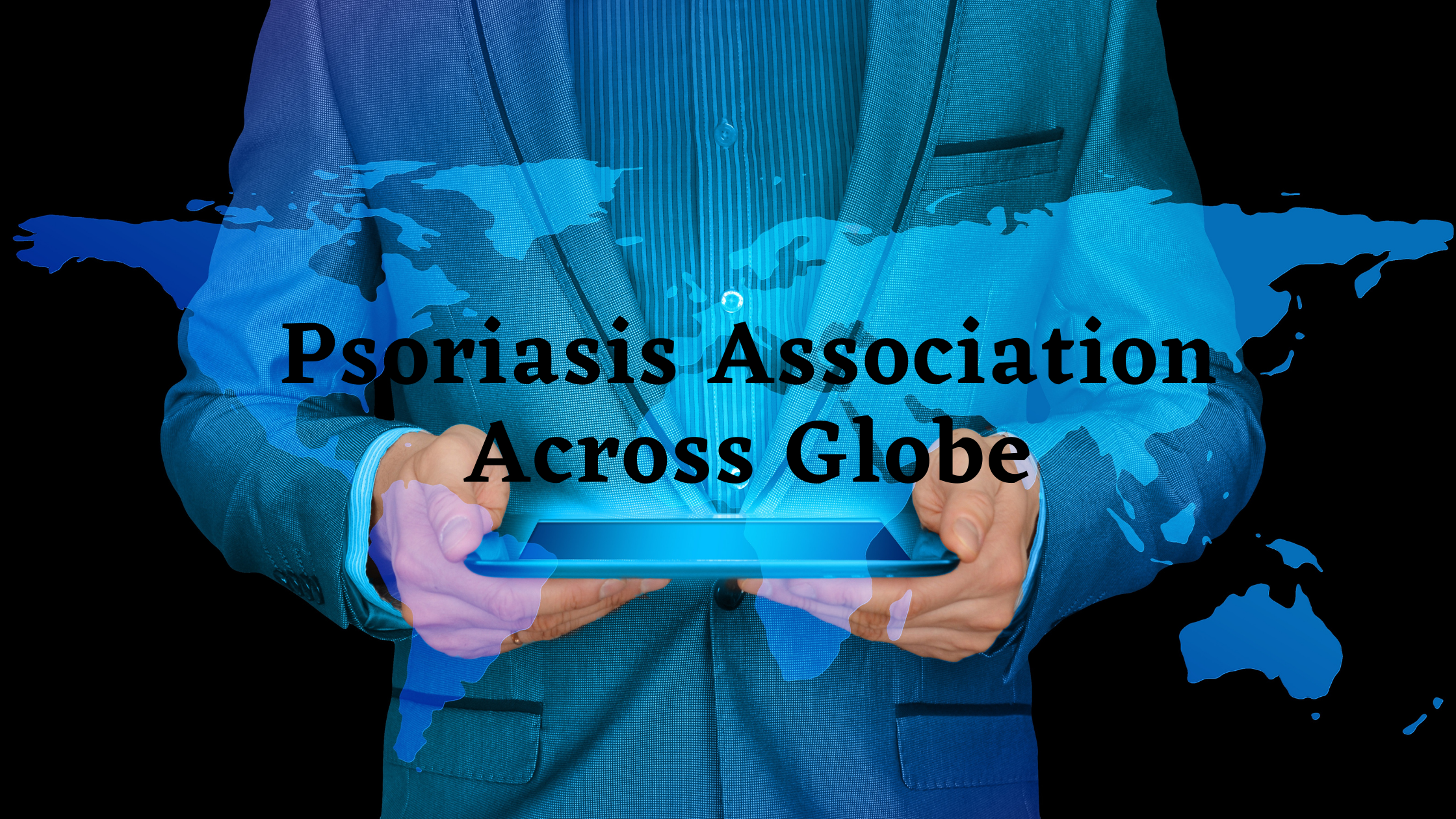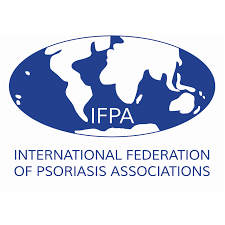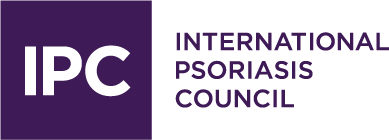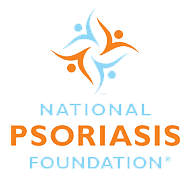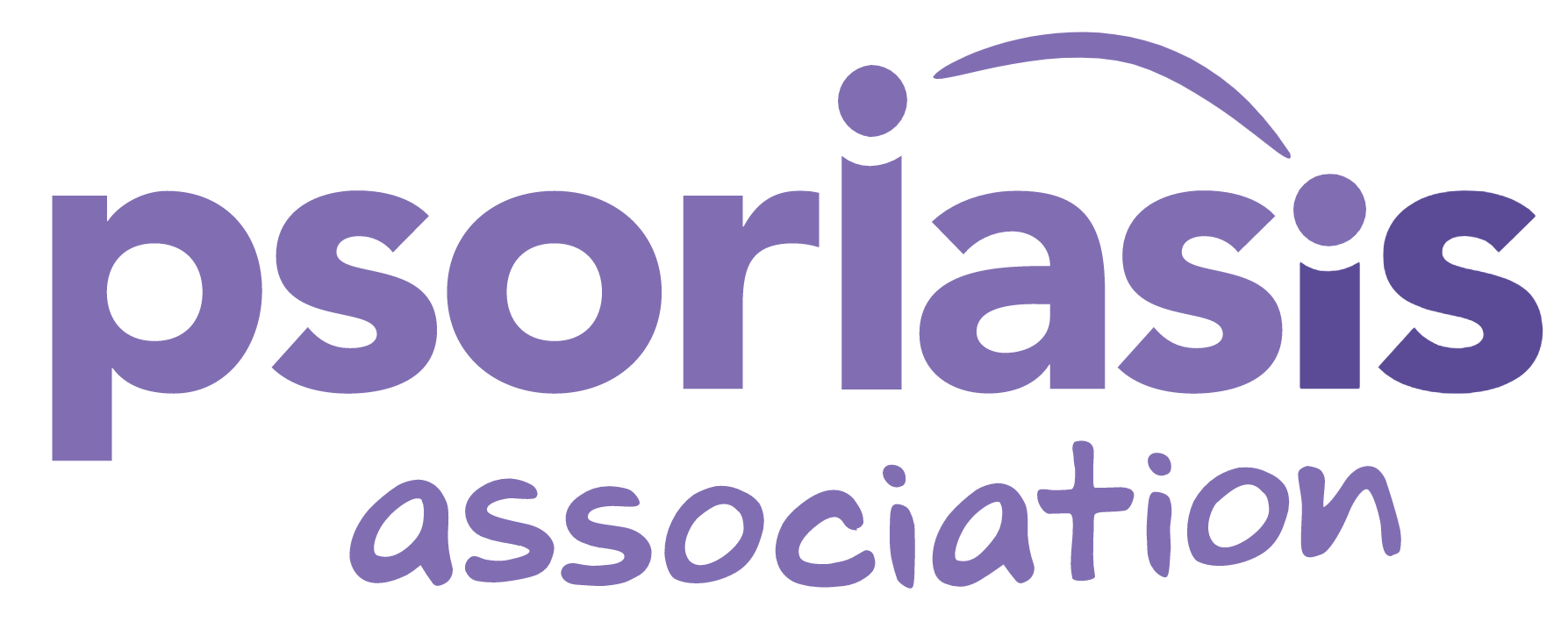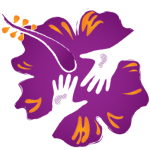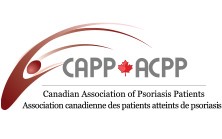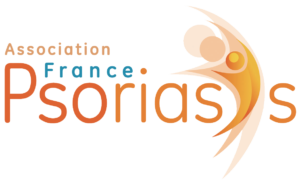Psoriasis is a chronic skin condition that affects millions of people worldwide. Understanding the different types of psoriasis is crucial for effective management and treatment. This comprehensive guide delves into the various types of psoriasis, their causes, symptoms, and treatments, offering valuable insights for those affected by this condition.
What is Psoriasis?
Psoriasis is an autoimmune disease that causes the rapid buildup of skin cells, leading to scaling on the skin’s surface. The typical life cycle of a skin cell is one month, but in people with psoriasis, this process happens in just a few days. This causes cells to accumulate on the skin’s surface, forming scales and red patches that can be itchy and sometimes painful.
What are The Common Types of Psoriasis?
There are several types of psoriasis, each with distinct characteristics. The most common types include:
- Plaque Psoriasis (Psoriasis Vulgaris)
- Guttate Psoriasis
- Inverse Psoriasis
- Pustular Psoriasis
- Erythrodermic Psoriasis
1. Plaque Psoriasis (Psoriasis Vulgaris)
Causes: Genetic predisposition, immune system dysfunction, and environmental factors are significant contributors.
Symptoms: Red, raised, inflamed patches of skin covered with silvery-white scales, typically found on the elbows, knees, scalp, and lower back.
Treatments:
- Topical Treatments: Corticosteroids, vitamin D analogs, and retinoids.
- Phototherapy: UVB light therapy and PUVA (psoralen plus ultraviolet A).
- Systemic Treatments: Methotrexate, cyclosporine, and biologics like TNF-alpha inhibitors.
2. Guttate Psoriasis
Causes: Often triggered by bacterial infections such as strep throat.
Symptoms: Small, dot-like lesions, primarily affecting the trunk, limbs, and scalp.
Treatments:
- Antibiotics: To treat underlying bacterial infections.
- Topical Treatments: Corticosteroids and vitamin D analogs.
- Phototherapy: UVB light therapy.
3. Inverse Psoriasis
Causes: Genetic factors and friction or sweating in skin folds.
Symptoms: Bright red, shiny lesions that appear in skin folds, such as under the breasts, in the groin, and around the genitals and buttocks.
Treatments:
- Topical Treatments: Low-potency corticosteroids and calcineurin inhibitors.
- Systemic Treatments: Biologics and oral medications.
4. Pustular Psoriasis
Causes: Triggers include certain medications, infections, stress, and exposure to certain chemicals.
Symptoms: White pustules (blisters of noninfectious pus) surrounded by red skin, often on the hands and feet.
Treatments:
- Topical Treatments: Corticosteroids and coal tar.
- Systemic Treatments: Retinoids, methotrexate, and biologics.
- Phototherapy: UVB light therapy.
5. Erythrodermic Psoriasis
Causes: Severe sunburn, systemic corticosteroid withdrawal, and other forms of psoriasis.
Symptoms: Widespread, fiery redness over most of the body, severe itching, and pain.
Treatments:
- Systemic Treatments: Cyclosporine, methotrexate, and biologics.
- Supportive Care: Hospitalization in severe cases to manage complications.
What Causes of Psoriasis?
The exact cause of psoriasis is not fully understood, but it is believed to involve a combination of genetic, immune system, and environmental factors:
01. Genetic Factors: Psoriasis tends to run in families. If one parent has psoriasis, their child has a higher chance of developing the condition. Specific genes have been linked to the development of psoriasis.
02. Immune System Dysfunction: Psoriasis is an autoimmune disease. The immune system mistakenly attacks healthy skin cells, accelerating their production and causing the rapid buildup of skin cells on the surface.
03. Environmental Triggers: Various environmental factors can trigger or exacerbate psoriasis in genetically predisposed individuals. Common triggers include:
- Infections: Bacterial or viral infections, such as strep throat, can trigger psoriasis.
- Skin Injuries: Cuts, scrapes, bug bites, or severe sunburn can initiate a psoriasis flare-up.
- Stress: High-stress levels can worsen psoriasis symptoms.
- Weather: Cold, dry weather can cause skin to dry out and trigger psoriasis.
- Smoking and Alcohol: Both smoking and heavy alcohol consumption can increase the risk and severity of psoriasis.
- Medications: Certain medications, such as lithium, beta-blockers, and antimalarial drugs, can trigger or worsen psoriasis.
What Are The Symptoms of Psoriasis?
The symptoms of psoriasis can vary depending on the type and severity of the condition. Common symptoms include:
- Red Patches of Skin: Psoriasis often causes red patches of skin covered with thick, silvery scales. These patches can be itchy and painful.
- Dry, Cracked Skin: Affected skin can become dry and cracked, which may bleed in severe cases.
- Itching and Burning Sensations: The inflamed areas can cause significant itching and a burning sensation.
- Thickened, Pitted, or Ridged Nails: Psoriasis can affect the nails, leading to abnormal nail growth and appearance.
- Swollen and Stiff Joints: In cases of psoriatic arthritis, individuals may experience joint pain, stiffness, and swelling.
Treatments for Psoriasis
While there is no cure for psoriasis, various treatments can help manage the symptoms and improve the quality of life for those affected. Treatment options include:
Topical Treatments:
- Corticosteroids: Reduce inflammation and relieve itching.
- Vitamin D Analogs: Slow down skin cell growth.
- Topical Retinoids: Normalize DNA activity in skin cells.
- Coal Tar: Reduces scaling, itching, and inflammation.
Phototherapy:
- UVB Light Therapy: Uses ultraviolet B light to slow skin cell turnover.
- PUVA (Psoralen plus Ultraviolet A): Combines a light-sensitizing medication with UVA light to treat severe cases.
Systemic Treatments:
- Methotrexate: Reduces skin cell production.
- Cyclosporine: Suppresses the immune system to slow down skin cell growth.
- Biologics: Target specific parts of the immune system to reduce inflammation, such as TNF-alpha inhibitors and IL-17 inhibitors.
Lifestyle and Home Remedies:
- Moisturizing: Keeps the skin hydrated to reduce dryness and scaling.
- Stress Management: Helps reduce flare-ups.
- Healthy Diet: Supports overall health and may reduce inflammation.
- Avoiding Triggers: Identifying and avoiding specific triggers that can worsen symptoms.
Conclusion
Psoriasis is a complex and multifaceted condition that requires a comprehensive approach to management and treatment. By understanding the causes, symptoms, and available treatments, individuals with psoriasis can take proactive steps to control their symptoms and improve their quality of life. If you suspect you have psoriasis, consult a healthcare professional for an accurate diagnosis and personalized treatment plan.
